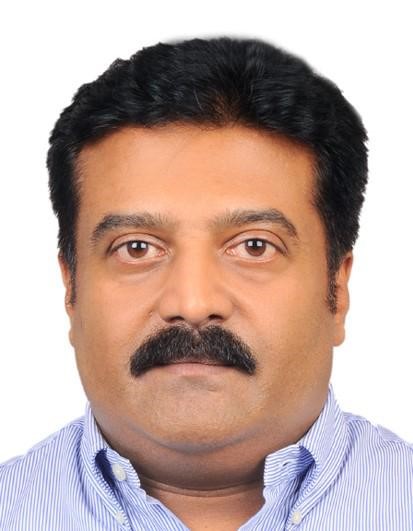Telecommunication giant Airtel Uganda has pleaded with Uganda Communication Commission not switch them off airwaves as they struggle to get money to pay for their license.
Eagle Online has established from UCC that Airtel wrote the communication regulator pleading that due to #Covid-19, they could not raise the required money for clearance of their licence.
“They wrote to us indicating that since the outbreak of Coronavirus, they haven’t made inroads as far as raising funds as their businesses were affected too but they have promised to fulfill their payments soon” a source told Eagle Online.
Telecom service provider, Airtel Uganda earlier failed to secure an operational license after it expired 2017. It is reported that the company applied for renewal however, their application is under scrutiny.
But sources at Uganda Communication Commission (UCC) told Eagle Online that the problem could over money which UCC asked Airtel to pay. It is alleged that Airtel expected to pay same amount as previously but they were stunned when the figures were moved upwards.
The company is operating on Public Service Provider (PSP) and Public Infrastructure Provider (PIP) License and this can explain why they were paying little amounts as compared to competitors MTN-Uganda.
Recently, UCC introduced new changes and currently there Six new license categories have been introduced: National Telecom Operator (NTO) license; National Public Service Provider (NPSP) License, Regional Public Service Provider (RPSP), National Public Infrastructure Provider (NPIP) License, Regional Public Infrastructure Provider (RPIP) License and License to provide Communal Access.
According to the new changes, if an operator covers over 65 per cent of the geographical boundary of Uganda, or operating in three regions they shall be eligible for a national license in the NTO or National PIP or PSP category. This can apply to MTN, Airtel, UTL and Africell.
Operators currently covering less than 65 per cent or operating in less than three regions, will be eligible for a regional license. Any operator who currently only holds NTO licenses will continue operating as such in the new licensing framework.
Upon expiry of their licence, Airtel applied for renewal of its PSP licence and paid the requisite $100,000 in November 2018. This aimed at avoiding paying for the National Telecom Operator (NTO) license which they qualify for since they cover 50 per cent of the geographical boundary of the country.
For years, Airtel’s competitors have complained that its cheap licence has given it the advantage to drive aggressive pricing which has put pressure on yields across the sector.
Airtel has enjoyed a market advantage over rivals because, while its operating licences are valued in millions of dollars, the telco has been paying just $100,000 for its public service provider licence every five years.
That translates into an annual licence cost of just $20,000, compared with $5.8 million for its nearest competitor. Airtel Uganda made Shs229.8 million profits in 2017, the same Telecom Company that has been paying just Shs370 million for its public service provider license every five years.








